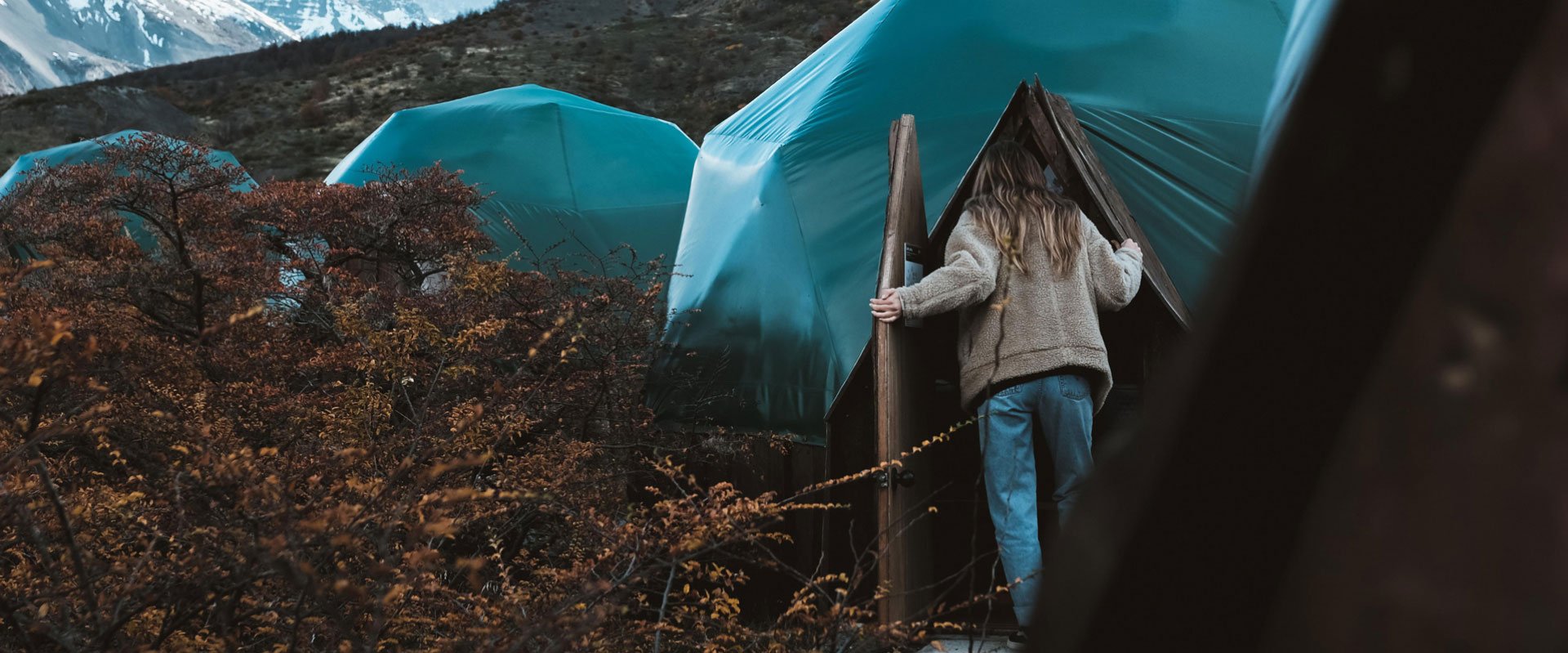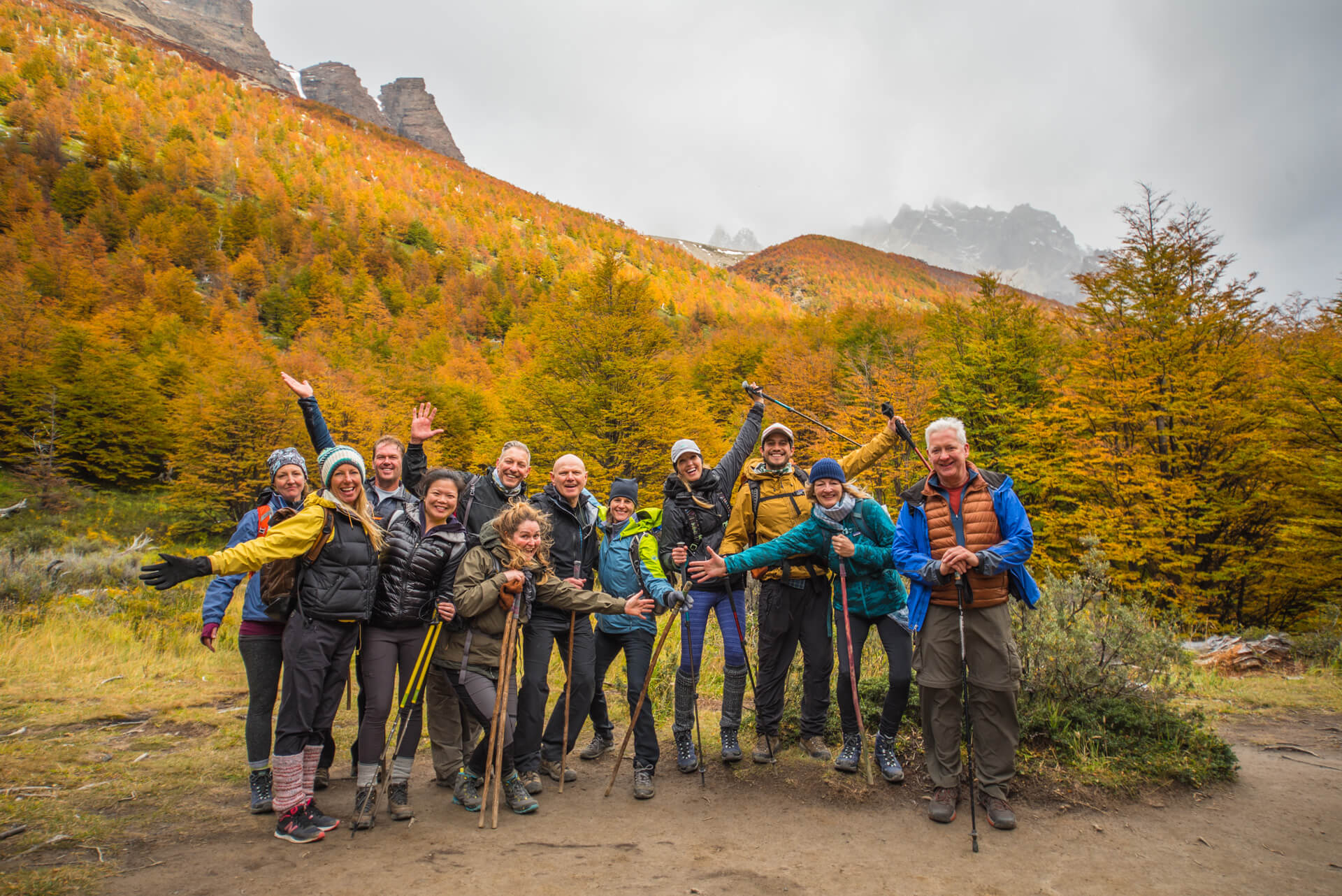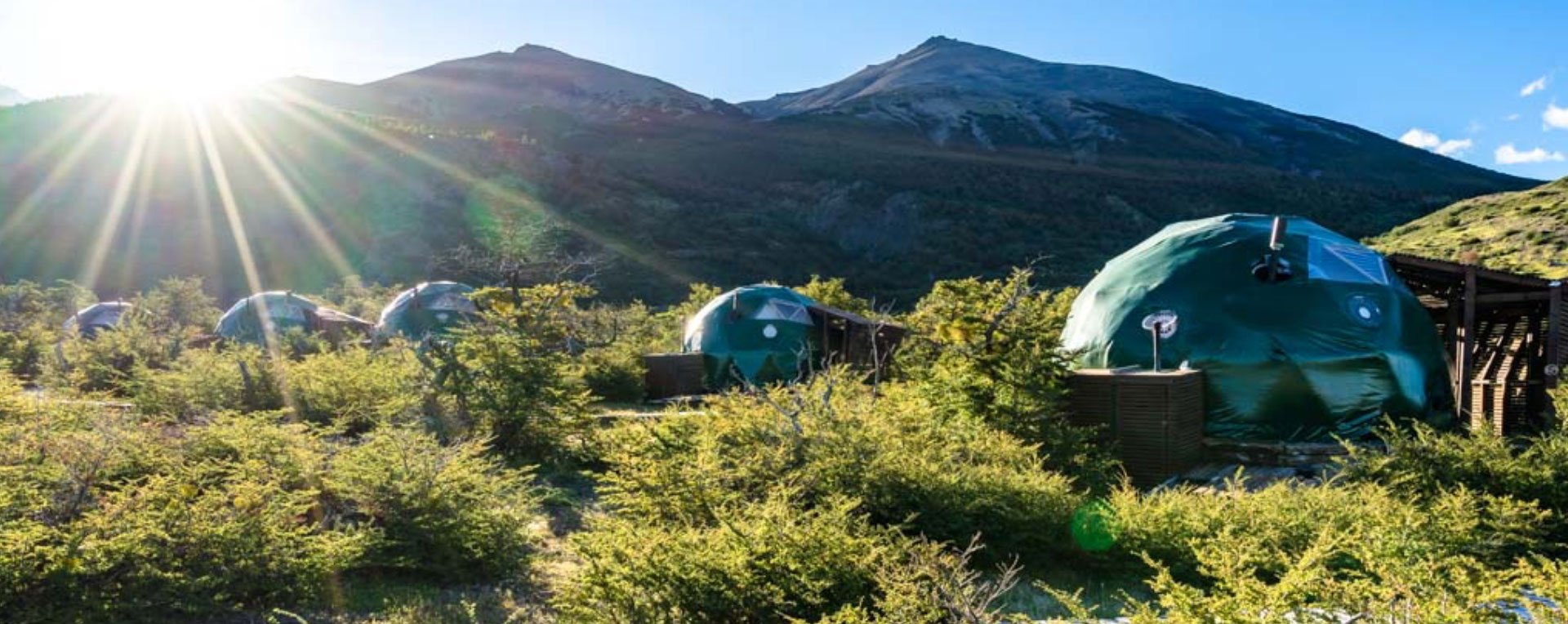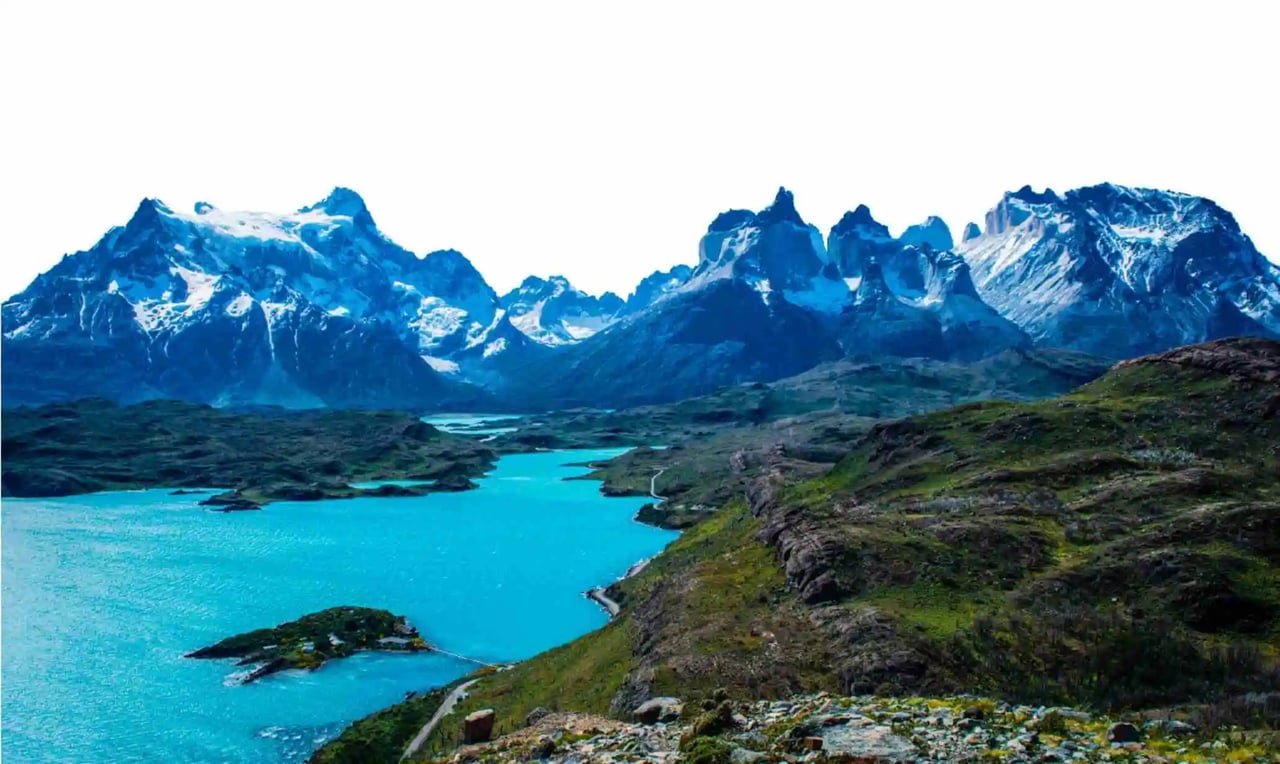Your trip has come to an end. You’ve battled the wind (maybe more) and felt the whip of your hair lashing your face. Your toes know the feeling of blisters born from mountain climbing and the unbelievable bliss of holding a hot mug with frozen hands, and you have counted more stars than you can remember seeing before. Your camera contains photo after photo of epic valleys, stark plains and drops, granite mountains, and close-ups of strange creatures that you had only ever seen before in a book or in someone else’s photo album. You have also seen Eco Camp in all its geodesic glory for yourself, and are perhaps feeling inspired by all the buzzwords you heard so much of down there - now you are home, you want to try to be more eco.
While not everyone is able to jump headfirst into the world of composting toilets and solar panels, there are plenty of ways to start your own journey into the green world. Here is a list of our favourite eco friendly life hacks that can be put to good use in your home no matter where you are in the world.
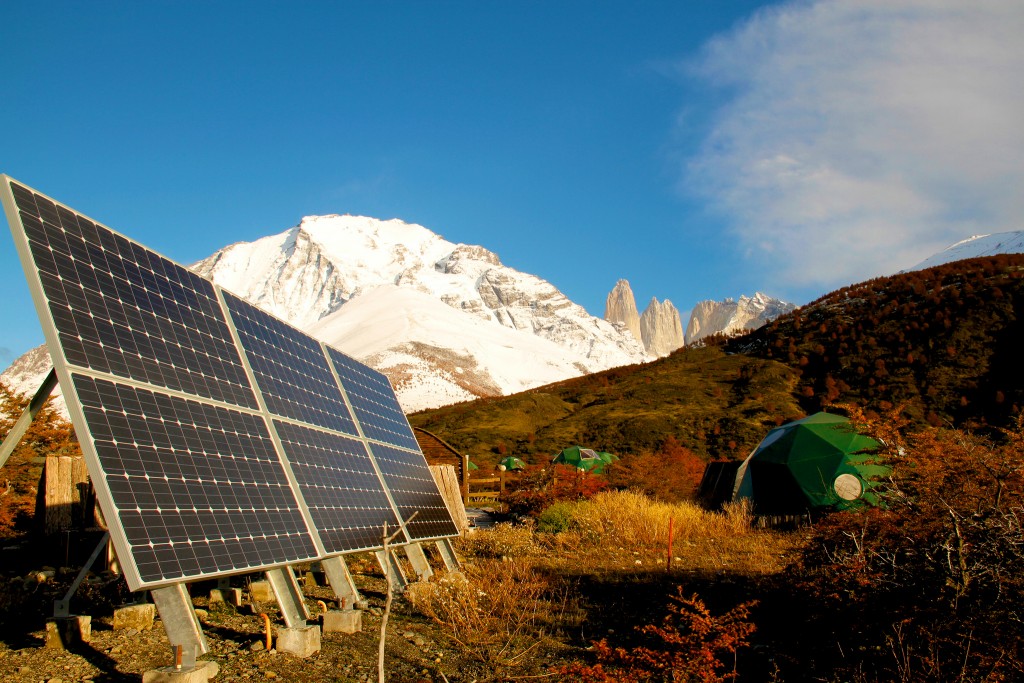 The solar panels we use at Eco Camp
The solar panels we use at Eco Camp1. Turn it off
Phantom energy is a real thing, and occurs when an electrical device is plugged in but not actually turned on. While you can invest in a ¨smart surge protector¨ to cull this unwanted power use, you could just unplug things yourself.
2. Stop the Water
Think of how much water you use every day. How much of that is actually doing something like cleaning, and how much of it is running away aimlessly down the sink? Battle excess use by turning off the water when you brush your teeth, or even in the shower between jobs (like while you wait for your hair to get conditioned, for example) as advocated by Stop the Water While Using Me products. Or you can just use less, perhaps with an energy-efficient dishwasher or low-flow shower head.
3. Say No
These days it seems like we accumulate so much stuff. Excess bags in the supermarket, cheap toys at birthday parties, freebies that sit at the bottom of our bag or float around in the car ... these are things that give our lives no real value except for the fleeting rush of knowing you’re receiving something for nothing. But do you really need them? Maybe next time you can refuse the excess and keep your home and life free of unnecessary plastics.
4. Walk More!
This is not only a great way to save on the costs and environmentally damaging effects of driving, but walking also gives you the opportunity to connect with the outside world, an absolute necessity after a day at the office. If you can’t walk, try public transport or carpooling or better yet, ride a bike. While you are in Santiago, you will notice that the city is becoming more and more cycle-friendly with the advent of bike lanes and rental options; have a read of this blog.
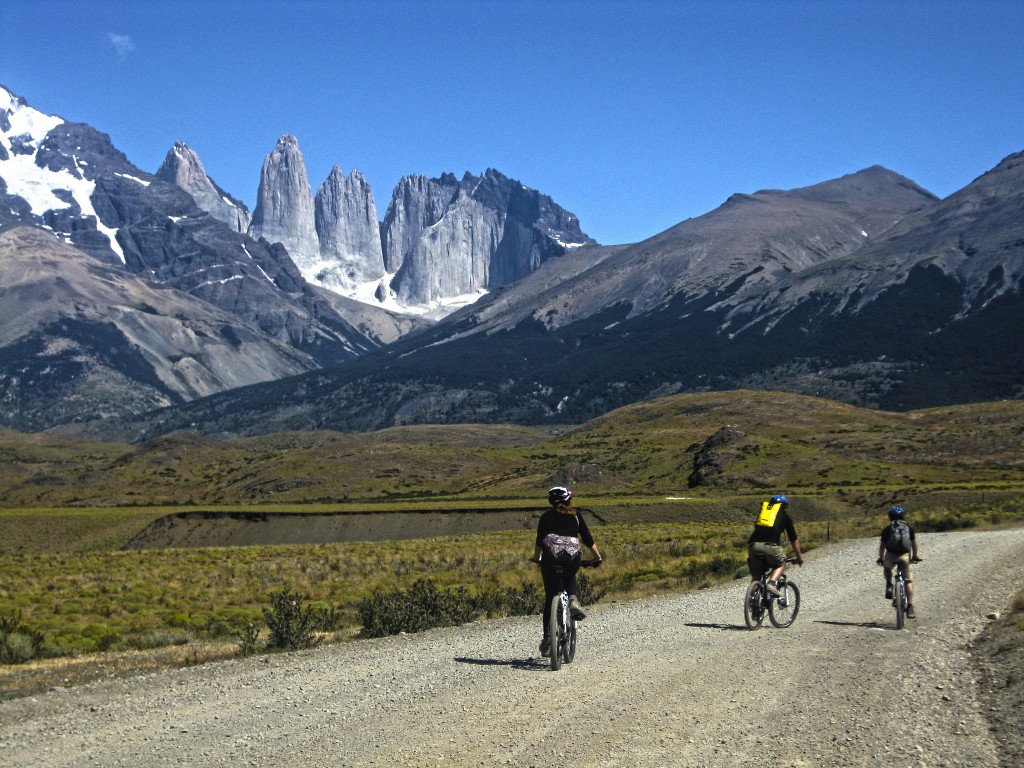 We love to move no matter where we are
We love to move no matter where we are5. Say Goodbye to Bottled Water
Install a water filter and bottle your own clean water straight from the tap. If this isn’t an option, try a water service and refill using a reusable bottle.
6. Don’t Chuck It!
We aren’t suggesting that you hoard, but before you throw something away ask yourself ¨Could I re-use this somewhere else?¨ Parents will find this suggestion particularly useful, as many things can double up as an arts and crafts tool, such as bottle lids, milk boxes, egg cartons and old cards/envelopes. Many things can also be repurposed, like glass jars to store rice and lentils or even reused as a vase.
7. Wash with Care
Have a go washing only when you have enough for a full load to take a tumble, and avoid the hot water unless it's really necessary. Ask yourself, ¨is this really dirty or can it last another day?¨ - a great tip to avoid yourself folding or ironing clothes that didn’t need to be washed in the first place!
8. Recycle E-waste
Did you know that that old phone or laptop contains scary ingredients like flame retardants, mercury and lead? Taking them to an official recycler is the best way to dispose of these potentially hazardous items; have a look around for your nearest certified electronics recycler for more information.
9. Eat your Veggies!
Did you know that more than 30% of the Earth is being used to raise livestock? According to the United Nations, this generates 65 percent of the world’s human-related nitrous oxide, with cattle rearing, in particular, being described as “ one of the most significant contributors to today’s most serious environmental problems¨ (UN Food & Agriculture Organization). While it won’t make a big impact, eating less meat at home helps to make small steps in the right direction, as does eating more of a whole animal (such as organ meat) so less goes to waste.
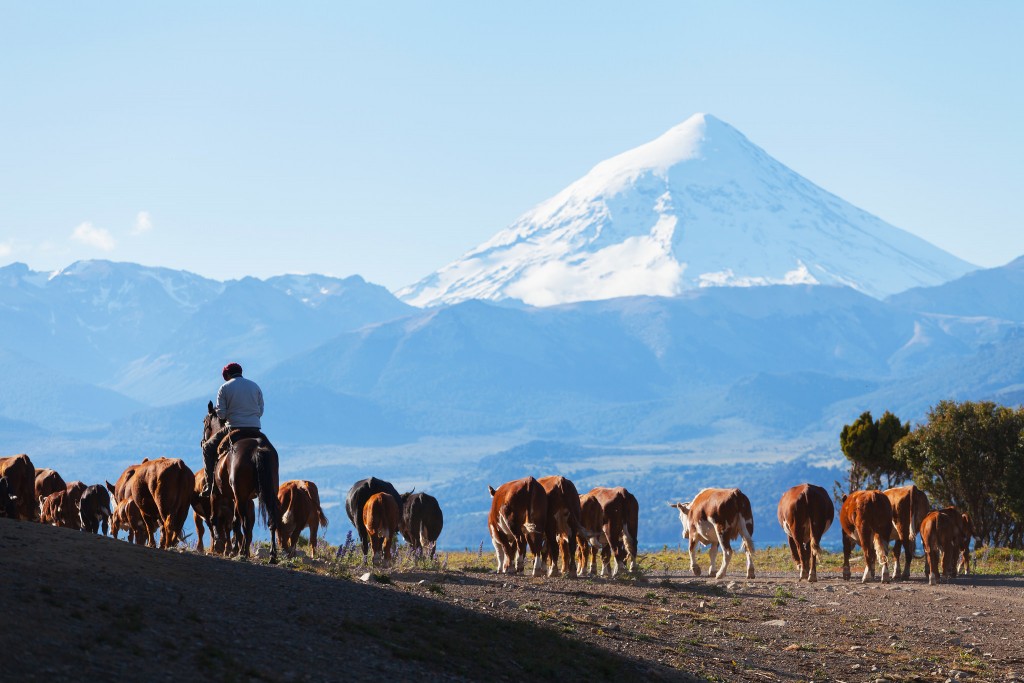 Eco Camp buys directly from local farmers
Eco Camp buys directly from local farmers10. Go Shopping
For canvas shopping bags! And take these with you when you shop so that you don’t need to rely on plastic bags. Try keeping a few in your car so you are always prepared. If you still need plastic, you can try reusing them.
11. Fill It Up
By ‘it’ we mean a good old fashioned compost bin! Instead of scraping your leftovers or food scraps into the bin to be taken away with all the garbage, you could instead build your own compost pile. Not only is this good for the environment, but you are then on your way to planting your own garden!
12. Use Less Paper
We all know paper comes from trees, but (as with our meat) there is often a big void in our heads blocking us from really seeing this relationship. An easy way to stem our use of paper is simply by using less, most easily achieved by printing/writing on both sides of a page, and choosing cloth instead of paper in the case of things like napkins, or using old rags to clean with.
13. Borrow More
Instead of buying something you might only use once (and this is especially true in the case of kids), ask around or search online to see if you have the option of borrowing. This is a useful way to not only save on money and space but also to avoid buying cheap products made of plastic. And before you buy, have a look around to see if you can source it second-hand.
14. Plant Herbs
The beauty of planting herbs is that you don’t need to have a lot of space or really green fingers. Herbs are a great precursor to starting your own vegetable plot and they work really well on kitchen sills or apartment balconies. Best of all, kids can easily be included.
15. Support Local
Jump on the support small bandwagon by choosing to give your hard earned money to a local business. Not only are you supporting someone directly, this money is more likely to return to the community where you live. You can also visit restaurants with locally-sourced ingredients, meaning that they had to travel a lower distance to get to your plate.
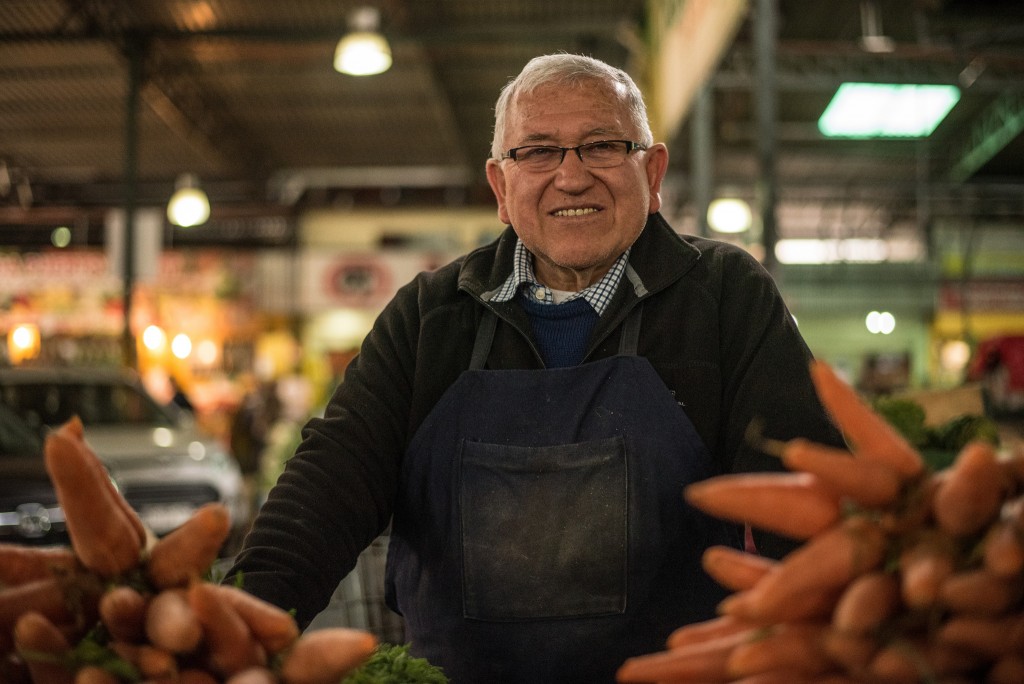 Supporting local people when you shop is the way to go
Supporting local people when you shop is the way to goThere you have it! Our 15 favourite ways to introduce eco friendly practices into your life. Did you know that many of us at the office follow these too? If they seem hard, don’t stress - just making one small change is a good start! We would love to hear your suggestions as well - please comment below so that we can grow this list and inspire more people to join us on our eco journey!
Do you want more information? Visit cascada.travel and learn about our programs

